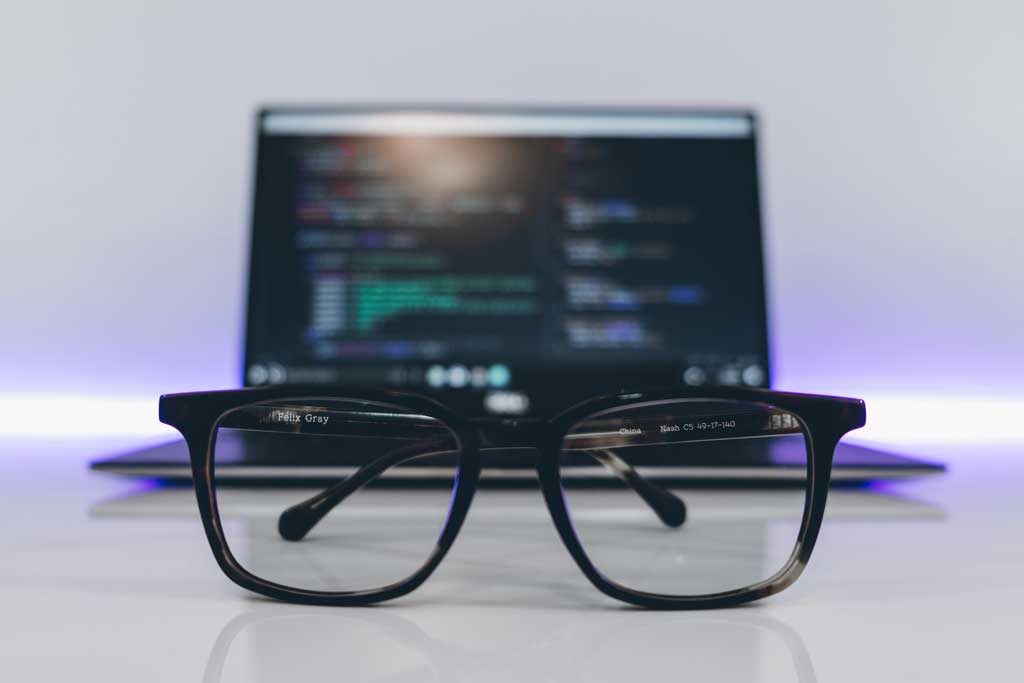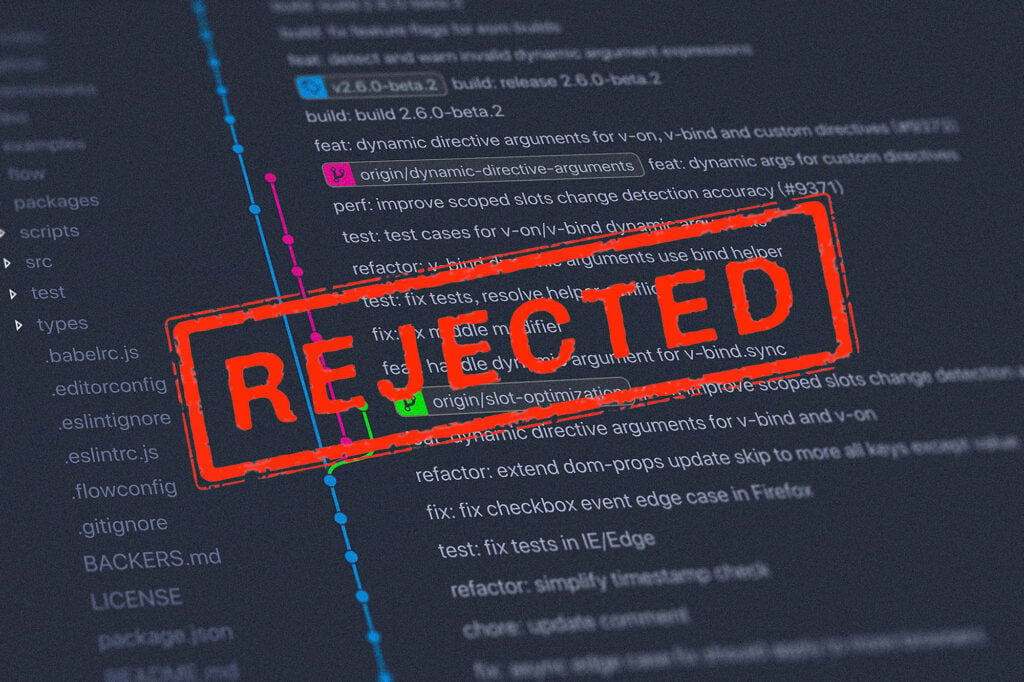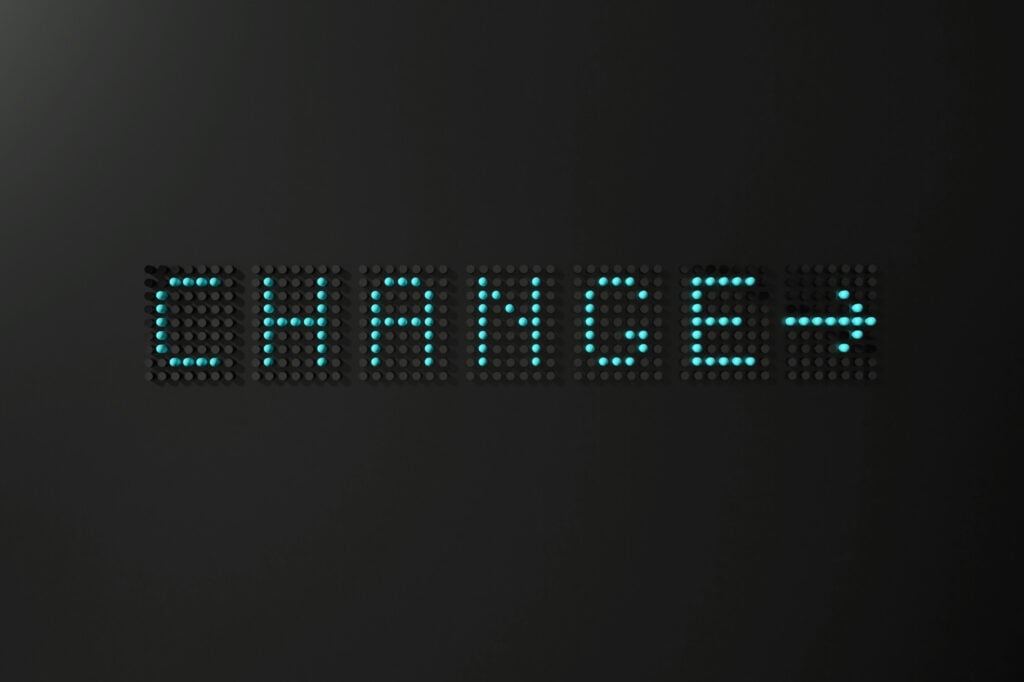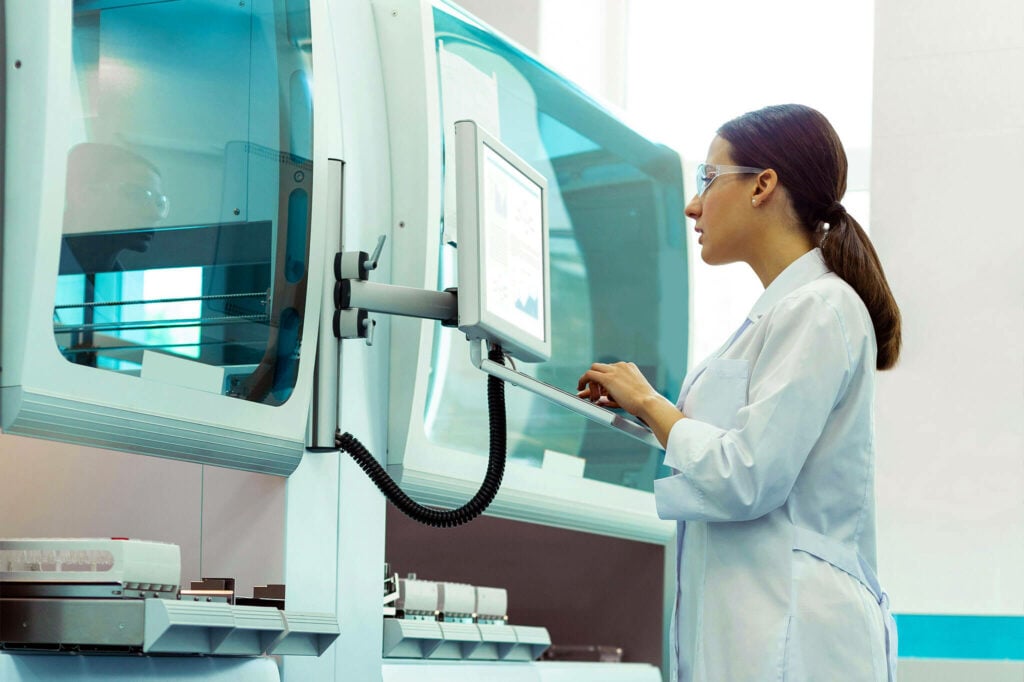Software developers are immensely smart individuals, and they often understand the importance of protecting their software intellectual property. But it’s not always clear whether software is patentable. Some people say that it is, while others say that it isn’t. So who is right?
The truth is that software is patentable, but what gets patent protection is not the software code itself. Rather, the process that the software performs on a computer is what is likely patent eligible. Since software was not something that was even fathomed at the time that the patent laws were originally written, the Courts have had to do their best to determine how software intellectual property fits in the U.S. patenting system. Software and patent protection issues have a long history.
Gottschalk v. Benson
In the 1972 case of Gottschalk v. Benson, the United States Supreme Court ruled that algorithms are not patent eligible. In that case, the “patent sought is on a method of programming a general purpose digital computer to convert signals from binary coded decimal form into pure binary form.” The patent application did not attempt to involve an implementation of machinery or a transformation of substances. Instead, it sought to patent the algorithm, which, according to the Supreme Court, is not patent eligible. Patenting code and algorithms are akin to patenting abstract ideas, and abstract ideas are not patent eligible.
Software Patents Can Protect The Process, Not The Underlying Code
Numerous courts have cited the Gottschalk ruling when rejecting patent applicants looking to patent software code. Software developers, when developing software and filling out patent applications, need to understand that the process of execution of the software can be patented, but not the code itself. As mentioned, the code is considered an abstract idea not subject to a patent. This raises the question: How can software developers protect code and algorithms, if not with patents?
Copyrights as a Protection for Code
Obtaining copyright registration to protect software code may be a good strategy for a software developer. Copyrights protects the expression of an idea, i.e., how the code is written. By registering software code for copyright protection, others are prohibited from copying the protected code.
A copyright exists when the creator “fixes it in a tangible medium,” which means the instant it is written. In practice, using this as a means of protecting from copyright infringement is not a realistic tool because it is difficult to prove when the code was created – even if you have timestamped “save” data to prove when wrote the code. Registering the code with U.S. Copyright Office entitles the copyright holder to certain benefits, such as statutory damages if the copyright holder ever needs to sue someone for copyright infringement.
A copyright will protect against the unauthorized use and replication of software. The software market is huge and those who create software need protection. However, a copyright only protects against exact replication – it does not protect against similarities or “work-arounds.”
If you are interested in seeking patent or copyright protection on your software invention or code, the professionals at The Rapacke Law Group can help. Feel free to contact us today to schedule a free initial consultation.





